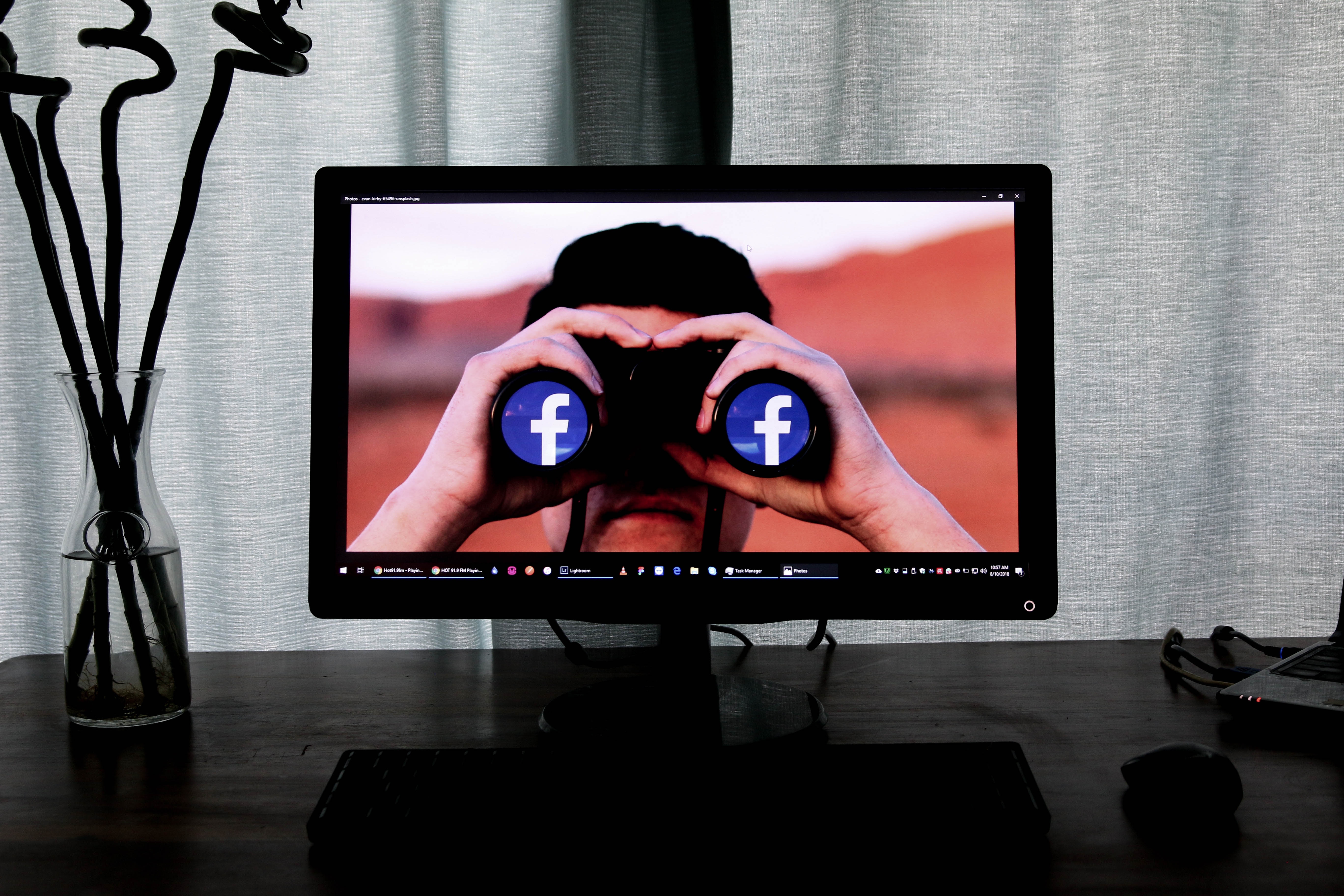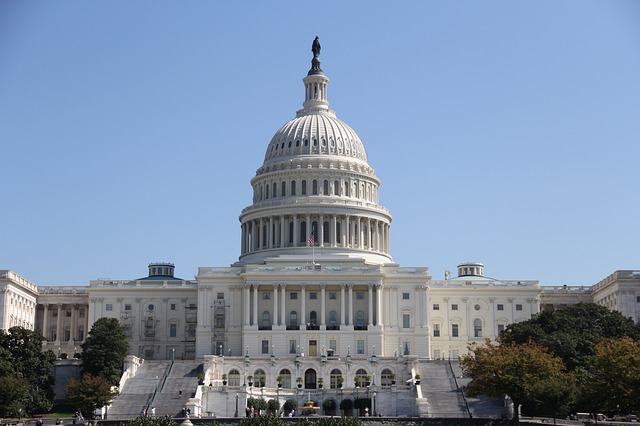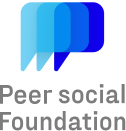
On page 254 of the The Facebook Effect, Mark Zuckerberg states, “In a lot of ways Facebook is more like a government than a traditional company… more than other technology companies we’re really setting policies.”
Since 2010, Facebook has expanded its governmental ambitions. Just as government’s issue passports, Facebook is in the business of confirming your digital identity. It enforces their own internal marketplace regulations, much as the SEC does. With Libra, Facebook hopes to issue its own currency too — just like every nation on Earth.
Facebook is obviously not a government, though. What government, after all, lists itself on the NASDAQ?
But let’s humour Zuckerberg’s delusions for a moment. If Facebook were a government, it would have 2.5 billion citizens. Similar to national law enforcement officers, Facebook has employees authorized to enforce community standards. For the moment, Facebook regulates itself just as many sovereigns states do.
Let’s consider the very few positives of this faux-state.

What are the benefits of a Facebook Government?
The list is quite small:
- Anyone can join
- Most businesses can set up shop
- There’s no geographical boundaries
But let’s not get too patriotic. Before you start waving the blue and white flag of Facebook, let’s consider its many negatives.
What are the drawbacks of a Facebook Government?
This is an exercise in caveat emptor:
- No free elections
- Zuckerberg is an autocratic dictator
- Leadership is not accountable to citizens
- No one can depose Zuckerberg — not even other Facebook leaders
- 30,000 moderators, outsourced and under contract, are tasked with policing 2.5 billion people
- Proportionally small moderator count compared to population count makes Facebook unsafe
- Facebook doesn’t just control the press, it controls the delivery of the press
- The reach of all communications is throttled unless you “pay to play”
- Private information of all citizens is up for sale
- Terrible armed forces — invaders rob and pillage Facebook with constant data breaches
- Opaque court system with no guarantee of human rights
- Constantly compromised by foreign entities
Considering these negatives, is Facebook more like a government than a traditional company? Even if it just aspires to be a government, should it be?

Facebook has too much power
Zuckerberg might position Facebook as a faux government with faux policies, but let’s call a spade a spade. In reality, Facebook is a monopoly. As cover for its monopoly, Facebook pretends to be a government while disavowing all responsibility typical of government.
Nevertheless, Facebook’s monopoly power gives it tremendous privilege. Facebook manages what’s perhaps the most critical aspect of the Internet: the validation and management of personal and corporate identity.
On the Internet, who decides who you are? Facebook does.
Despite managing such core infrastructure, Facebook is irrepairably broken — perhaps because it’s a monopoly pretending to be a government. Legitimate governments are accountable to their citizens. Facebook is not.
Should we fix Facebook? Or should we break it up? Whatever your opinion, we cannot do both. Either Facebook becomes a real government instead of a make-believe government, or we destroy its power.
In any case, the current status quo cannot stand.
Whatever Facebook is, we must put to bed the notion that it is a government.

